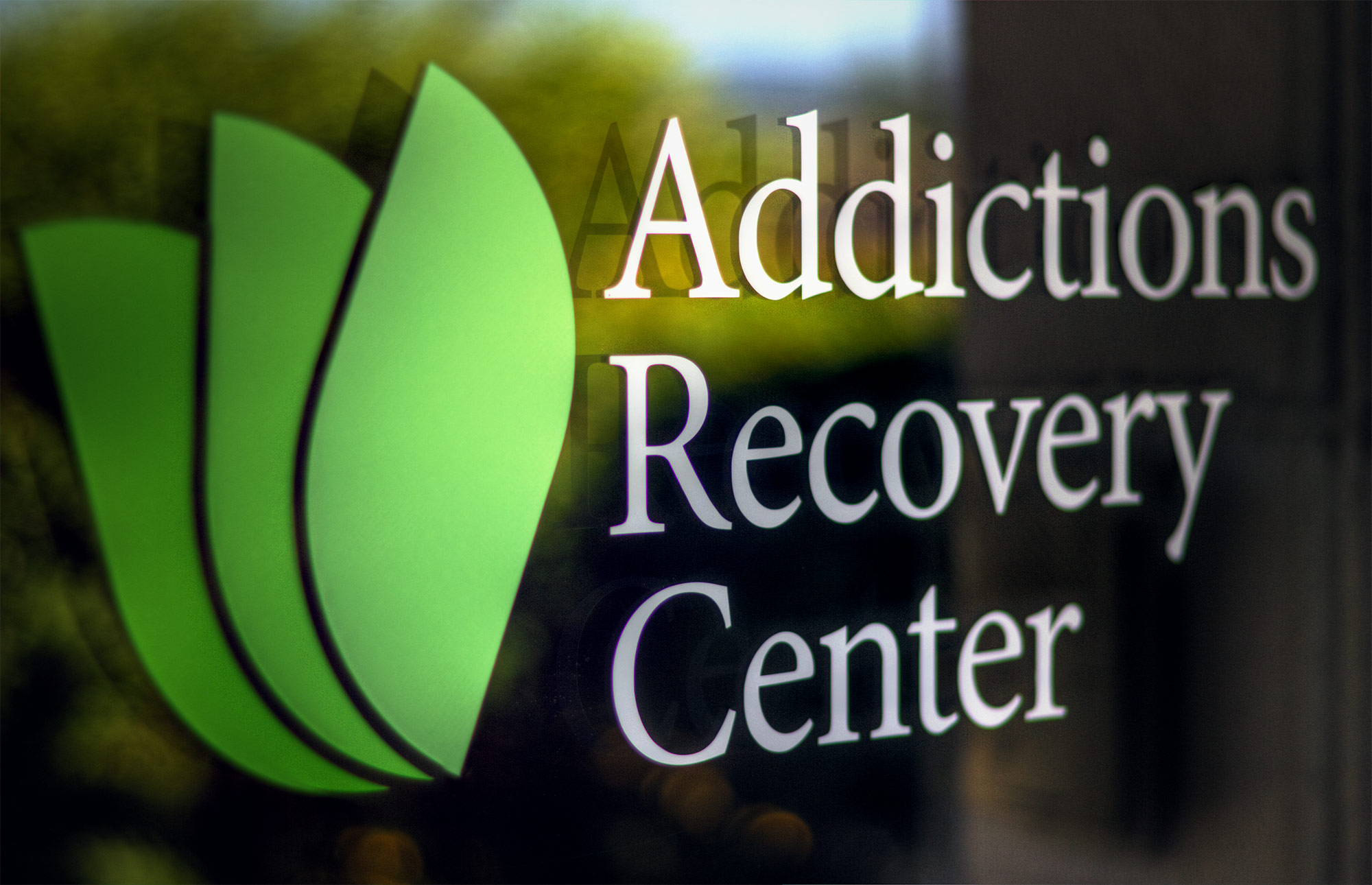Your Course to Recovery: Choosing the Best Addiction Treatment Center
Your Course to Recovery: Choosing the Best Addiction Treatment Center
Blog Article
Navigating the Trip of Detoxing in the Comprehensive Dependency Therapy Program
The process of detoxification holds a substantial function in breaking the physical dependancy on substances and preparing the person for the subsequent stages of therapy. As people grapple with the challenges of withdrawal signs and symptoms and the unpredictabilities that lie in advance, having a structured plan and a robust support system in place becomes vital.
Relevance of Detoxing in Recovery

Detoxification sets the foundation for the remainder of the dependency therapy program by preparing the person for further treatment and therapy. By cleansing the body of compounds that have been clouding judgment and affecting behavior, detoxification allows individuals to approach their healing with a clearer mind and more powerful emphasis.
Furthermore, detoxing aids in managing the potentially extreme withdrawal symptoms that may emerge when medication or alcohol usage is quit. Doctor carefully monitor people throughout detoxification to ensure their safety and offer essential assistance. Via this process, people can start their trip in the direction of sobriety with a supported psychological and physical state, increasing the probability of an effective recuperation.
Comprehending the Detoxification Process
Detoxing, a fundamental component of dependency treatment programs, entails an organized process focused on safely getting rid of dangerous compounds from the body to help with a successful recovery journey. The detox process generally begins with an analysis to evaluate the person's compound use background, physical health, and psychological health. This evaluation aids healthcare experts determine the most appropriate detoxification plan tailored to the individual's requirements.
Throughout detox, the body undergoes withdrawal as it readjusts to the lack of the substance. Withdrawal symptoms vary depending upon the sort of material made use of, the period of use, and private factors. Medical supervision during detoxification is critical to manage withdrawal signs and symptoms and ensure the individual's safety and comfort.

Handling Withdrawal Symptoms

Medicines might be utilized to alleviate specific withdrawal signs and minimize pain. Medications like methadone or buprenorphine can help take care of opioid withdrawal signs and symptoms, while benzodiazepines might be used for alcohol withdrawal. It is vital for health care companies to thoroughly keep an eye on the individual's feedback to these drugs to guarantee their security and effectiveness.
In enhancement to pharmacological treatments, supportive therapies such as therapy, peer support teams, and holistic techniques like mindfulness reflection or yoga can aid people manage the psychological and psychological obstacles of withdrawal. By dealing with withdrawal signs thoroughly, doctor can boost the cleansing experience and assistance individuals on their trip to recuperation.

Support Solutions Throughout Detoxification
Support group play an important role in supplying social and psychological aid to individuals undertaking detoxing in dependency therapy programs. During the detox process, people usually experience a variety of physical and mental withdrawal signs, making this stage challenging - Addiction Treatment Center. Having a solid support group in location can considerably affect the individual's capacity to browse through detoxification efficiently
Support teams provide a system for individuals to link with others who are going with comparable experiences, using a sense of neighborhood and shared understanding. Health care specialists, consisting of therapists, doctors, and therapists, play an important role in keeping track of the individual's development, providing clinical assistance, and offering guidance throughout the detoxification process.
Looking Ahead: Life After Detoxification
Having effectively completed the detoxing phase, people in addiction therapy programs currently concentrate on preparing for the obstacles and opportunities that lie ahead in their trip towards recovery. Life after detox marks a critical transition duration where individuals must continue to improve the development official site made during detox to keep their soberness. It is important for people to recognize that the trip towards recovery is ongoing and requires devotion, commitment, and a desire to embrace adjustment.
One trick element of life after detoxification is the development of dealing systems to handle triggers and food cravings that may arise. This may include discovering new skills, such as mindfulness Your Domain Name techniques, cognitive-behavioral strategies, and anxiety monitoring techniques, to browse tough situations without considering substance use. Additionally, people are motivated to actively participate in continuous therapy, assistance teams, and aftercare programs to strengthen their assistance network and get guidance as they navigate the intricacies of life post-detox.
Conclusion
Recognizing the detoxification process and handling withdrawal signs are vital steps in the direction of healing. It is important to recognize the importance of detox in the process of getting rid of addiction and relocating towards a life of soberness.
Clinical supervision throughout detoxification is crucial to handle withdrawal symptoms and make certain the individual's safety and convenience.
By understanding the detoxification process and its importance in damaging the cycle of dependency, people can get started on a course towards lasting healing.
Throughout the detoxification process, individuals usually experience an array of physical and emotional withdrawal signs, making this stage difficult. Medical care professionals, including medical professionals, therapists, and therapists, play a crucial function in checking the individual's development, giving medical support, and providing support throughout the detoxification procedure.
Life after detox marks a vital change period where people have to proceed to develop on more the progression made during detox to keep their sobriety.
Report this page